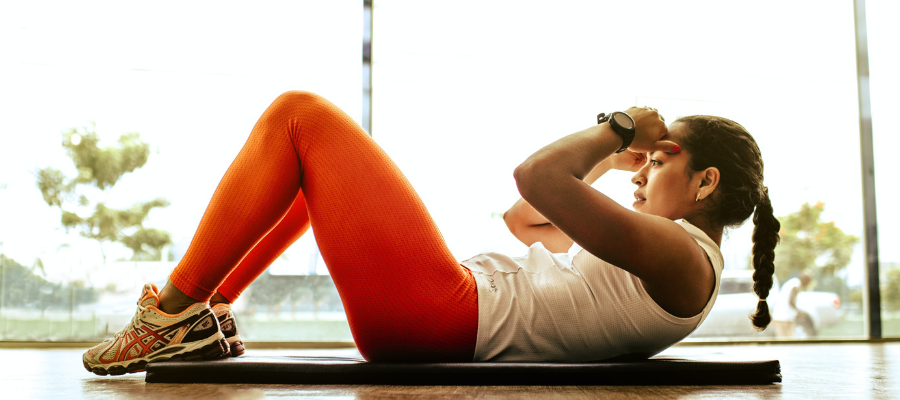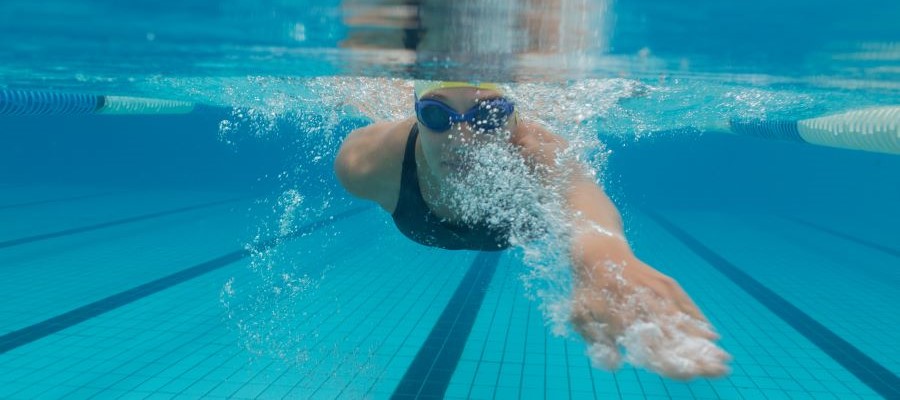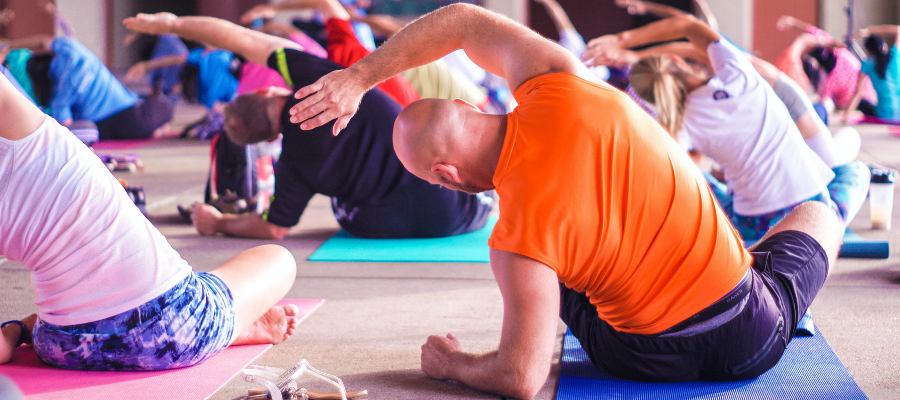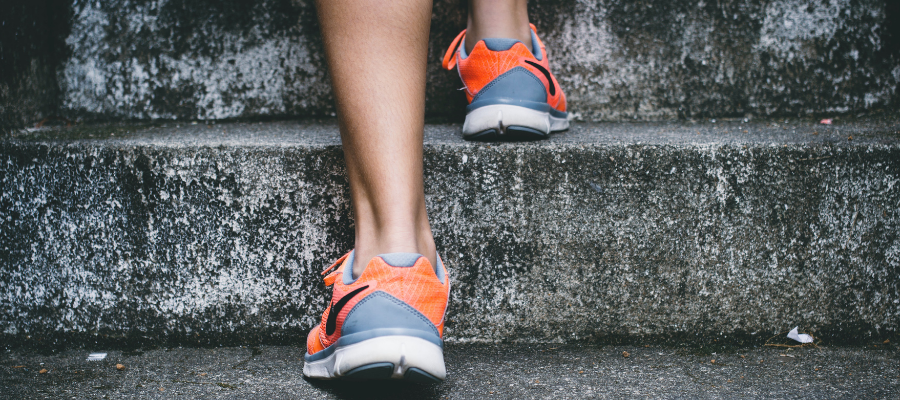Exercise and Sleep
Exercise is an important part of a healthy and balanced lifestyle. Not only is exercise good for your physical and mental health - it can also help you sleep better at night. Here we’ve gathered some useful knowledge about the inter-relation between exercise and sleep quality.
Best forms of exercise for sleep
Research have shown that both aerobic exercise and resistance-based exercise have a positive effect on sleep quality. In other words, it doesn’t matter whether you go for a run (a highly aerobic form of exercise) or lift weights (an an-aerobic and resistance-based form of exercise).
While hitting the tennis court, taking the mountain bike out for a swing, or swimming a few lanes will all contribute towards improving your sleep, what does seem to matter is that you do your activity of choice at a moderate pace. At least, research suggests that moderate intensity exercise may improve sleep quality more than intense exercising.
If better sleep is your aim with exercising, your workout doesn’t have to be long either. Just 30 minutes of moderate exercise have been shown to ease anxiety and contribute towards better sleep.
READ ALSO: Nap before or after workout?
Best workouts for sleep

As explained above, basically any form of moderate exercise will contribute towards improving your sleep quality, so just do something that you enjoy, and which makes you feel peaceful. Here are a few suggestions for moderate-paced workouts:
Yoga: While there are many branches of postural yoga, your average yoga class at a fitness center will constitute a moderate workout which has the added benefit of deep stretching which can release tension that would otherwise prevent you from sleeping. Moreover, the focus on breath during a yoga session can be key to alleviate stress and anxiety.
Swimming: Swimming is a form of low-resistance training that is gentle on your joints. It is a safe form of exercise for most people and can be done throughout life. It is also an excellent workout when recovering from an injury.
Pilates: Like yoga, Pilates employs stretching along with good core exercises, and generally constitutes a medium intensity workout. Another advantage of Pilates is that it is easy to do from home with a training program or by joining an online class.
Walking: A brisk walk will elevate your heart rate sufficiently to generate an aerobic effect. At the same time, it will not make it difficult for you to calm down afterwards. Walking is also great for creativity and alleviating stress.

READ ALSO: Hydrogen therapy for muscle recovery
When should I exercise?
Previously, it was believed that exercising in the evening was not a good idea. That excessive activity right before bedtime made it harder for people to fall asleep. Fortunately for night owls, this has been debunked and we now know that nighttime exercise does not necessarily cause sleep issues.
During aerobic exercise, our bodies release endorphins that activate the brain in a way that keeps some people awake. If you are one of these people, giving yourself a couple of hours so your brain can wind down as endorphin levels drop may be key to falling asleep at night.
Despite this, for most people morning exercise is still best, especially if you can exercise outdoors. This is because the exposure to natural sunlight can help reset or balance your circadian rhythm.
Will exercise help me sleep?

Exercise can not only improve the quality of your sleep, but it may also increase sleep duration. Regular exercise may also reduce your risk for developing a number of sleep disorders. These include sleep apnea and restless leg syndrome.
Moderate aerobic exercise is linked to an increase in the amount of slow wave, or deep sleep, you get. This is the sleep stage that gives your brain and body a chance to repair and recover. In this manner, exercise will help you sleep, which – in turn – will help you exercise.
READ ALSO: Sleep recovery for athletes
What should I avoid doing?
It is important to figure out the optimal time of day for you to exercise. If you exercise after dinner and still find it hard to fall asleep at bedtime, you may need to move your workouts earlier in the day.
Overall, there is no direct correlation between exercise in the evening and sleep obstruction. Therefore, if working out in the evening suits you, go right ahead.
The bottom line
In general, exercise is an excellent natural remedy to counter sleeplessness and improve the quality of your sleep. As with all things, the key to success is moderation. Very hard exercise for extended periods of time will leave you feeling exhausted in the morning, so when you exercise with the purpose of improving your sleep, aim for shorter duration and medium intensity.


